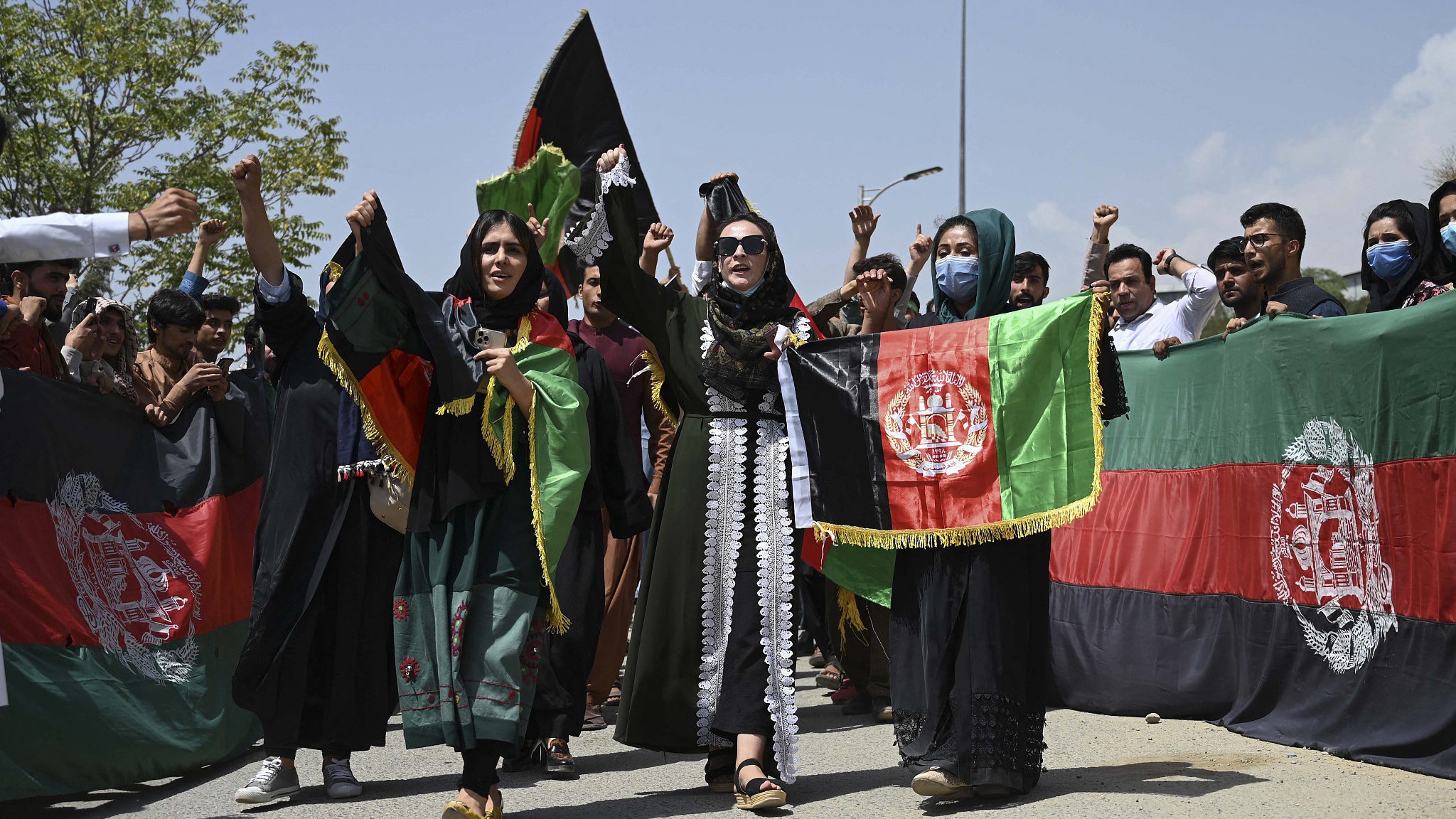
Afghans celebrate the 102th Independence Day of Afghanistan with the national flag, Kabul, Afghanistan, August 19, 2021. /CFP
Afghans celebrate the 102th Independence Day of Afghanistan with the national flag, Kabul, Afghanistan, August 19, 2021. /CFP
Afghanistan is celebrating the 102nd anniversary of its independence from the British occupation on Thursday, also the fourth day after the Taliban took control of the country's capital Kabul.
Taliban's spokesperson Zabihullah Mujahid issued a statement on the memorial day. Apart from extending congratulations, he also reaffirmed Taliban's commitment to "having a better diplomatic and trade relations with other countries." But before realizing a smooth transition of power, here are the two major tasks that the Taliban have to deal with.
Political structure and leadership of the new government
03:53
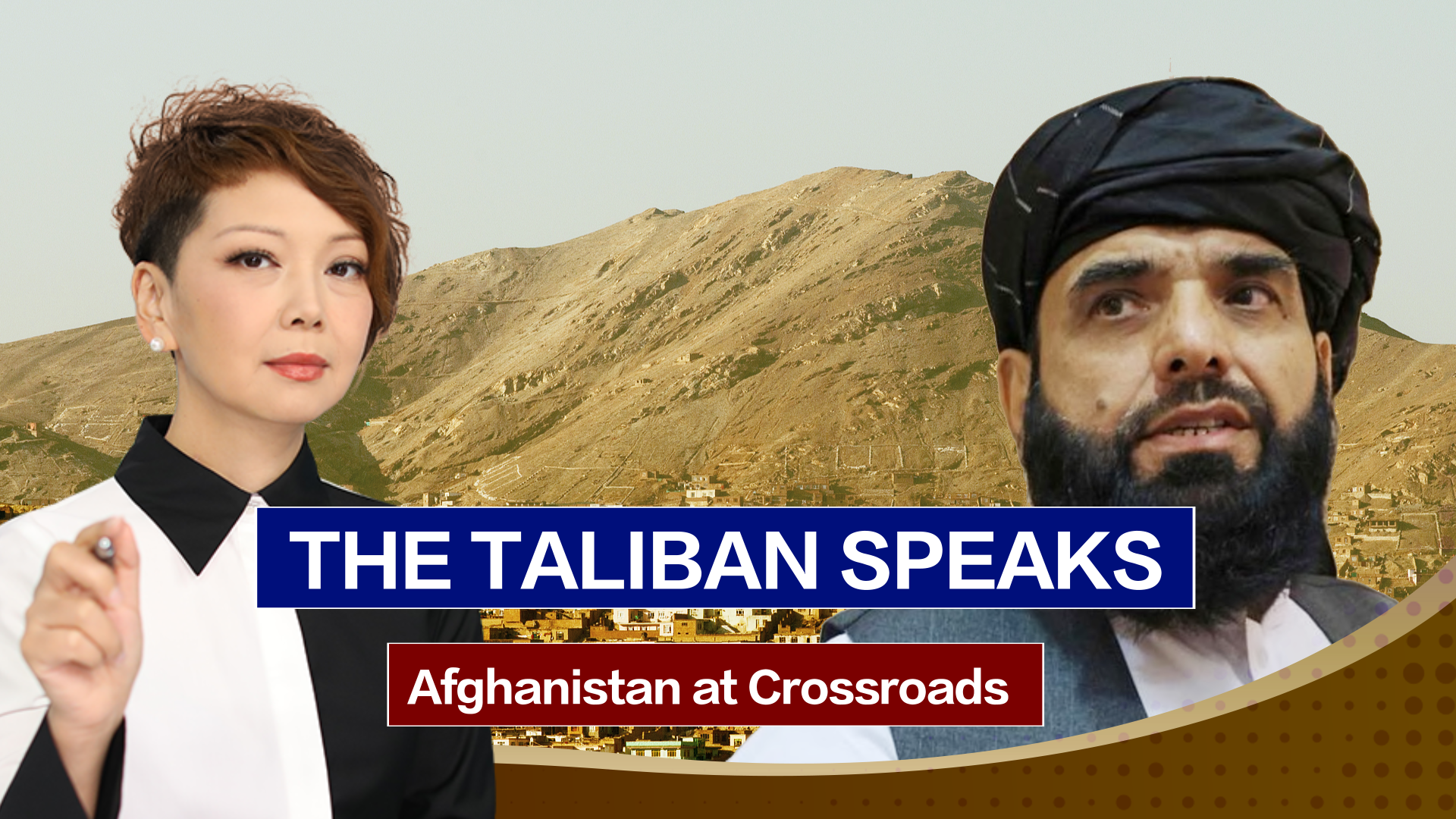
CGTN's exclusive interview with Taliban's spokesperson Suhail Shaheen on Thursday took a glimpse of the political structure and the preparation work of the new Afghan government.
Earlier, news from the Taliban suggested that there will be a supreme leader, a ruling council and a government headed by some of the top officials of the Taliban.
In the interview, Shaheen confirmed the new administration would under the Islamic mechanism, and the preparation work is underway.
"The deliberation is continuing. It is underway under the delegation led by Mullah Abdul Ghani Baradar," Shaheen said, stressing the Taliban is going to form "an upfront and inclusive Islamic government after consultation with the top leadership of the Islamic Emirate of Afghanistan."
According to Shaheen, there will be a top leader and a leadership council. Apart from Mawlavi Yaqoob, son of Taliban founder Mullah Omar, Sirajuddin Haqqani, leader of the powerful militant Haqqani network and Taliban's political chief Baradar, there are also many other members that come from Taliban's negotiation team in Doha.
"About 60 to 65 percent of the membership are members of the negotiation team," said the spokesperson. "This will be announced soon."
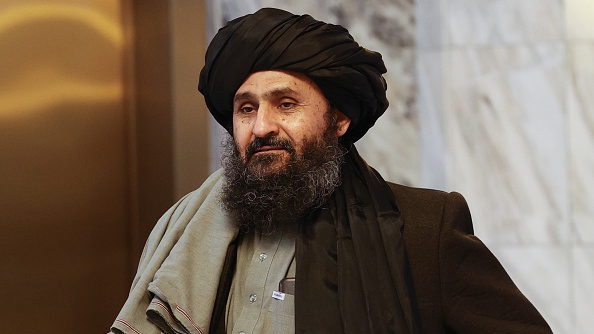
Head of Taliban delegation Mullah Abdul Ghani Baradar in Moscow, Russia, March 19, 2021. /Getty
Head of Taliban delegation Mullah Abdul Ghani Baradar in Moscow, Russia, March 19, 2021. /Getty
Baradar is well recognized by the press and analysts as the top candidate for Afghan leadership, given his legendary status within Taliban as the only surviving leader to have been personally appointed deputy by the late Taliban commander Omar.
Spending eight years in a Pakistani jail after being arrested in 2010 in Karachi, he was released and appointed as Taliban's chief ambassador and led the negotiation team in talks with China, the U.S. as well as the Afghan government under Ghani's administration.
Regarding whether Baradar will be the leader of the government, Shaheen didn't give a direct answer but said that the deliberation makes sure other politicians' participation in the process.
Concerns over human rights, terrorism
05:18
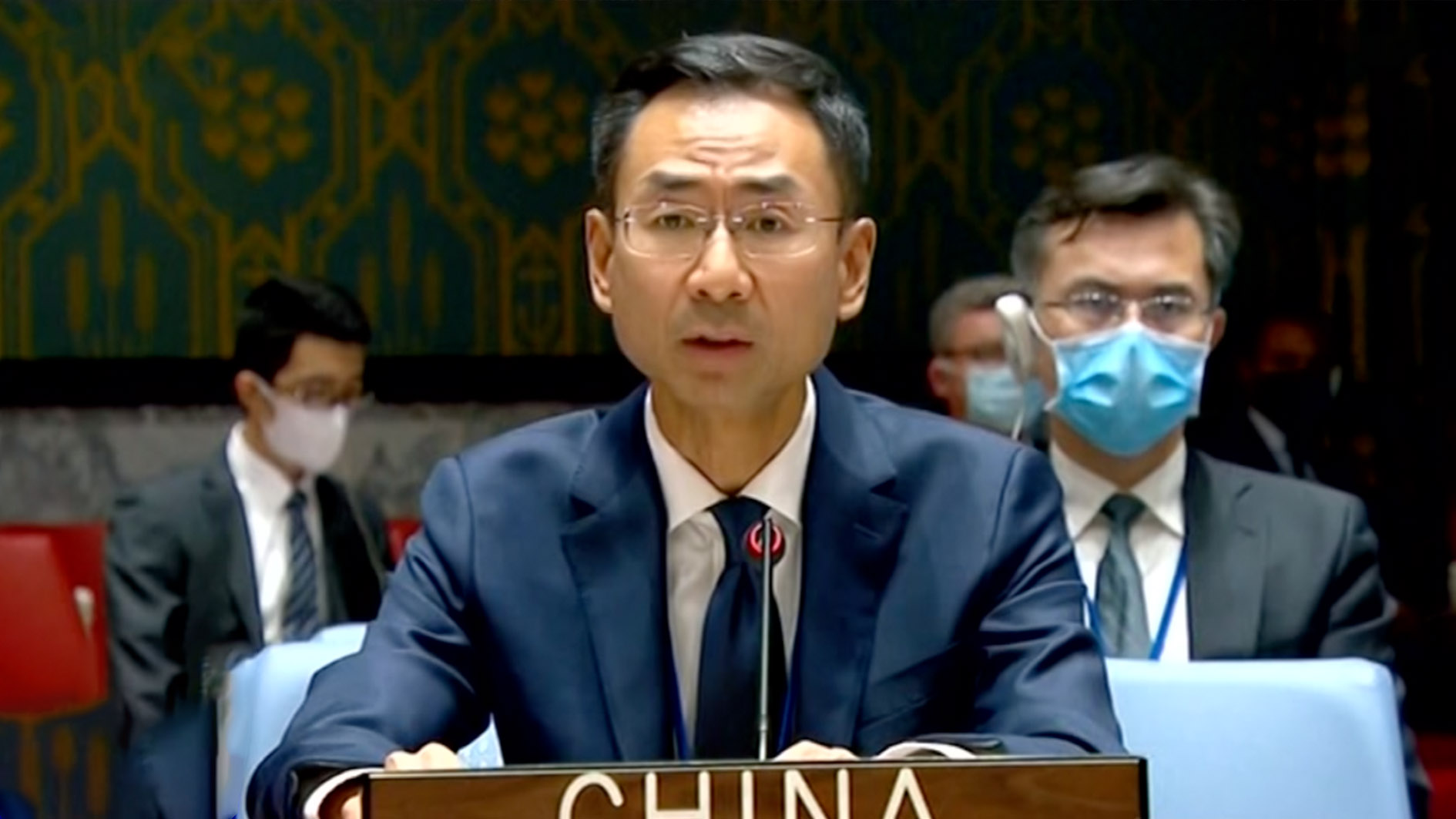
International concerns over the rapidly evolving situation in Afghanistan is another major task the Taliban has to deal with if Afghanistan, under the governance of Taliban, wants to get international recognition and realize a smooth transition of power.
Major concerns focus on two aspects, namely the abuse of human rights and the possible rise of terrorism.
The lasting war with the U.S. and the civil war had resulted in thousands of life loss and internal displacement, while the fast advancing of the Taliban nationwide exacerbated the problems as hundreds of thousands more civilians fled their homes.
The UN raised concerns over the issue at the UN Security Council's emergency meeting on Afghanistan on Monday where UN Secretary-General Antonio Guterres and representatives of the UN Security Council member states all urged the Taliban to protect civilians, restore peace and "respect the basic human rights of all Afghan people, the women and children in particular."
During the last time when Taliban ruled the country, women were barred from working outside the home while girls are deprived of the rights of education. Given that, the exact treatment of women and children under Taliban's governance this time is expected to draw extensive attention despite its promise of allowing women to work and study based on the Islamic law.
Read more:
UN chief urges restraint from all parties on Afghanistan situation
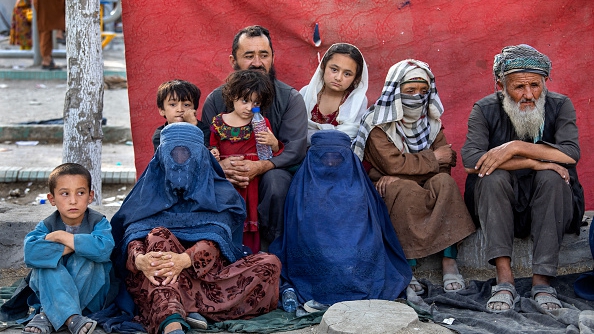
Displaced Afghan people as the Taliban advanced to Afghanistan's capital Kabul, August 12, 2021. /Getty
Displaced Afghan people as the Taliban advanced to Afghanistan's capital Kabul, August 12, 2021. /Getty
Besides human rights abuse, the fear of the rise of terrorism is another focus in the UN meeting.
In the last 20 years, terrorist organizations, such as the Islamic State, al-Qaida and the East Turkestan Independence Movement (ETIM), have gathered and developed in Afghanistan, posing a serious threat to international and regional peace and security.
Stressing that Afghanistan must never again become heaven for terrorists, Geng Shuang, Chinese envoy to the United Nations, urged the Taliban to "make a clean break with terrorist organizations" at Monday's emergency meeting.
"This is the bottom line that must be held firmly for any future political solution in Afghanistan," said Geng.
At the moment when the world is holding a wait-and-see attitude towards the situation in Afghanistan, it is particularly important for the Taliban to meet its commitment and build a good image in the international community.

